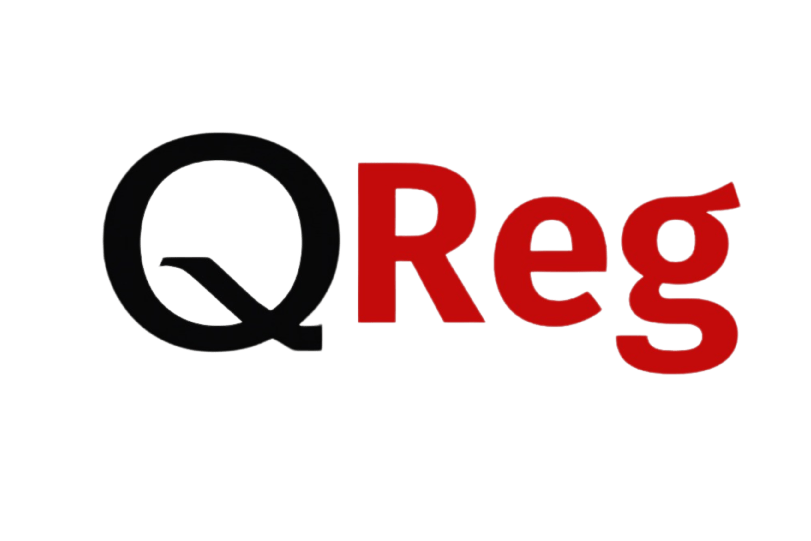Revolutionising Medical Device Industry: The Impact of Digital Transformation on Quality Assurance and Regulatory Compliance

In the dynamic and highly regulated medical device industry, digital transformation is not just a buzzword but a fundamental shift in operational and strategic approaches. This transformation is revolutionising the way companies handle quality assurance (QA) and regulatory compliance, two pillars critical to the success and integrity of medical device manufacturers. This article explores the multifaceted impact of digital technologies in reshaping these crucial areas.
The integration of digital technologies in the medical device sector is more than an upgrade; it’s a complete overhaul of traditional practices. From cloud-based data management to AI-driven analytics, digital tools are redefining the standards of quality and compliance.
A sophisticated data management systems allows for more effective tracking, analysis, and reporting of critical quality and compliance data. Real-time data analysis can identify trends in device performance, supporting manufacturers in addressing quality concerns in-house before they escalate. The advancement of Artificial intelligence (AI) and machine learning (ML) are transforming quality control processes. These technologies automate complex tasks, analyse vast datasets to identify patterns indicative of quality issues, and predict compliance risks. Additionally, AI algorithms can analyse historical data to predict device failures before they occur, providing proactive maintenance and quality control plans to prevent these predictions from occurring. Additionally, ML algorithms can optimise manufacturing processes, reducing waste, and improving product consistency.
Furthermore, digital platforms can support manufacturers the management and training of staff in regulatory compliance. E-learning tools offer flexible, up-to-date training modules on the latest regulatory changes and industry best practices. This continuous education ensures that the workforce remains knowledgeable and compliant.
The digital transformation in the medical device industry is a game-changer, especially in the realms of quality assurance and regulatory compliance. By adopting these technological advancements, companies can enhance their operational efficiency, ensure product quality, and maintain regulatory compliance, thereby securing a competitive edge in a rapidly evolving market




